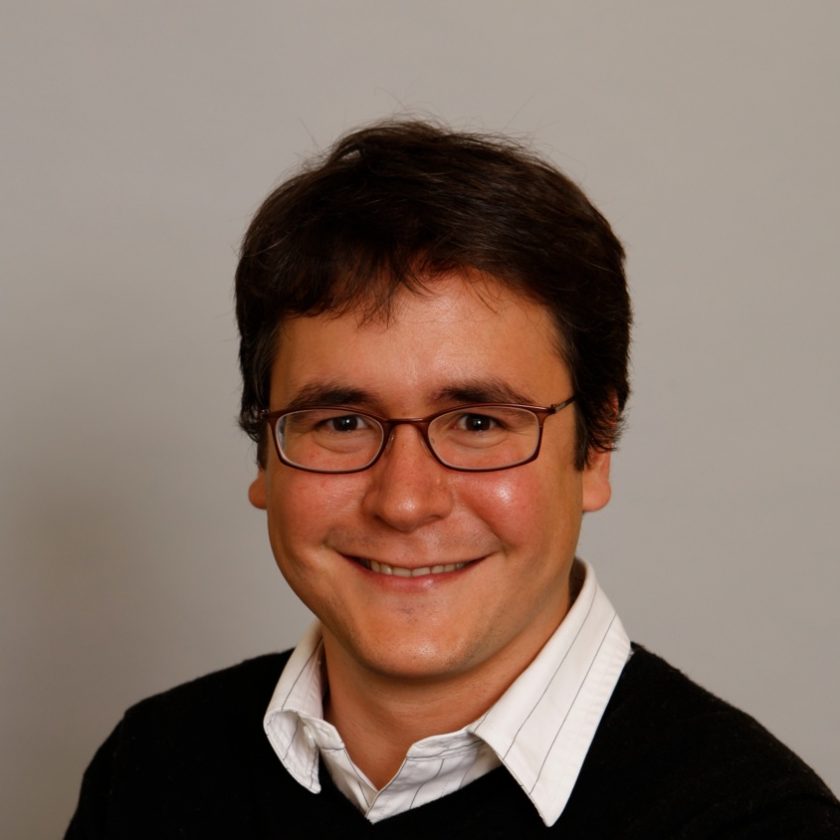Abstract
Nature has figured out how to do computation and storage very efficiently. Computing in nature is imprecise but very robust and energy efficient. Data storage in nature is dense and durable. This talk will cover two efforts on using ideas and parts from nature to build better computers.
The first part will be about approximate computing. A significant proportion of computer system resources are devoted to applications that can inherently tolerate inaccuracies in their data, execution and communication. Hence, approximate computing is promising for performance and energy efficiency. However, taking advantage of approximate computing needs: language support to specify where and how to apply approximation; analysis and mechanisms that ensure good output quality; and hardware/system support that take advantage of approximation.
The second part of the talk will cover using synthetic DNA for data storage. DNA is a very dense and durable storage medium, so repurposing it for data storage has significant appeal. I will describe an archival storage system that uses DNA as a medium, and will discuss how progress in the biotech industry can be leveraged to achieve it.
Biography
Luis Ceze is the Torode Family Associate Professor in the Computer Science and Engineering Department at the University of Washington.
His research focuses on the intersection of computer architecture, programming languages, OS and biology. He is a recipient of an NSF CAREER Award, a Sloan Research Fellowship, a Microsoft Research Faculty Fellowship and the 2013 IEEE TCCA Young Computer Architect Award.
He was born and raised in Sao Paulo, Brazil, where it drizzles all the time; he now (mostly) lives in the similarly drizzly Seattle. When he is not working he is found either eating or cooking.


